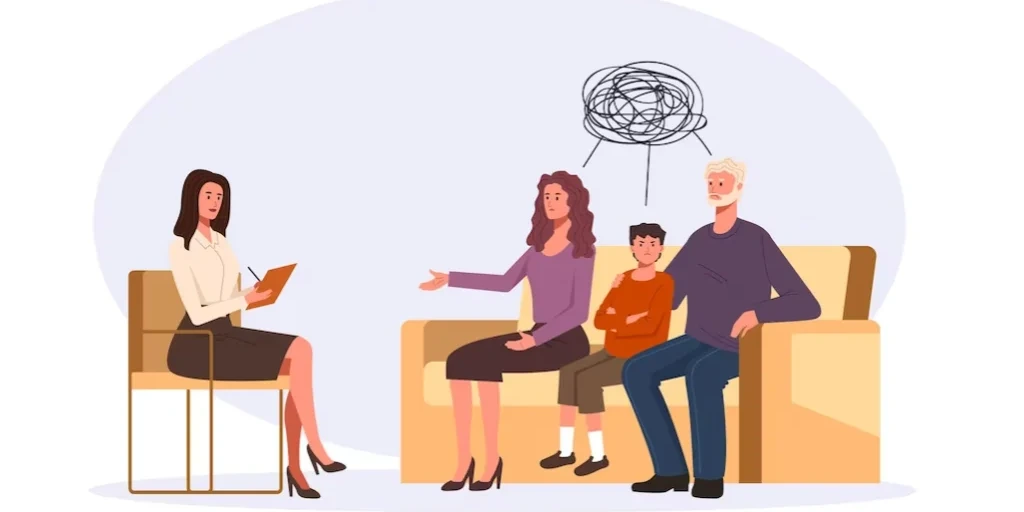24/7 Helpline:
(866) 899-221924/7 Helpline:
(866) 899-2219
Learn more about Dual Diagnosis Rehab centers in Hood River
Dual Diagnosis Rehab in Other Cities

Other Insurance Options

Medical Mutual of Ohio

WellCare Health Plans

Private insurance

Providence

Anthem
Beacon

United Health Care

MHNNet Behavioral Health

Excellus

EmblemHealth

Health Choice

Health Net

Self-pay options

Holman Group

BHS | Behavioral Health Systems

Choice Care Network

Meritain

Amerigroup

Ambetter

Aetna

Providence Hood River Memorial Hospital Behavioral Health
Providence Hood River Memorial Hospital Behavioral Health is a private rehab located in Hood River, ...

Mid Columbia Center for Living
Mid Columbia Center for Living is a public rehab located in Hood River, Oregon. Mid Columbia Center ...








































